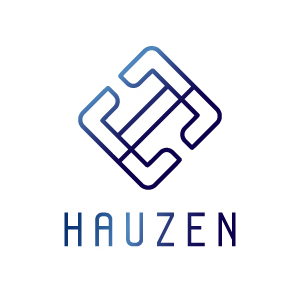The Securities and Futures Commission (“SFC”) issued a warning statement (“Statement”) on unregulated Virtual Asset Trading Platform (“VATP”) JPEX on 13 September 2023. The SFC clarified that JPEX is an unlicensed entity and warned the public to be cautious about high-yield services provided by JPEX which “seem too good to be true”.
JPEX has been on the SFC’s Alert List since July 2022. In the Statement released this year, the SFC expressed concern that JPEX had been actively marketing its products and services to the Hong Kong public through a variety of channels, such as social media influencers, key opinion leaders (“KOLs”) and over-the-counter virtual asset money changers (“OTC Shops”), without having the necessary licences.
In particular, the SFC highlighted six concerns about JPEX in the Statement:
1. False claims from JPEX about licences in overseas jurisdictions.
JPEX claimed that it is “a licensed and recognised platform to facilitate the trading of digital asset and virtual currency” on its website. This included claims that it had obtained licences to operate VATP from several overseas regulators. In reality, JPEX had been registered as a business or entity with certain overseas regulators not amounting to approval or being licensed to provide virtual asset trading services in those jurisdictions. For example, JPEX was not on the public list of licensed virtual asset services providers published by the Virtual Assets Regulatory Authority of Dubai (“VARA”) despite claiming on its website that its operating headquarters were in Dubai and that it was under the supervision of the VARA.
2. Offering suspiciously lucrative products.
The SFC found that some of JPEX’s products purported to offer very high returns. For example, according to its website at jp-ex.io as at September 2023, JPEX’s savings product offered a 21% annual percentage yield (the rate of interest/return gained in one year) for ETH, 20% for BTC, and 19% for USDT.
3. Claims from retail investors who had difficulties in withdrawing their virtual assets.
The SFC had received complaints from and noted media reports of retail investors who faced difficulties in withdrawing virtual assets from their accounts on JPEX or had found that their account balances had been reduced and altered.
4. Suspicious products which may contravene the SFC’s regulatory regime for VATPs.
JPEX offered on its website some products related to virtual assets “deposits”, “savings” or “earnings” which are prohibited under the SFC’s regulatory regime for VATPs. Paragraph 7.26(b) of the Guidelines for Virtual Asset Trading Platform Operators provides that a platform operator should not make any arrangements with its clients on using clients’ virtual assets held by the platform operator or its associated entity with the effect of generating returns for the clients or any other parties.
5. False statements about dealing with a Hong Kong listed company.
It was claimed by JPEX on its website and local advertorials that it had entered a business cooperation with and received investment from a Hong Kong listed company. In fact, the cooperation had already been terminated and no investments had been made by the listed company to JPEX.
6. Misleading statements from KOLs and OTC Shops about VATP licence application in Hong Kong.
On social media, KOLs and OTC Shops had made misleading statements suggesting that JPEX had applied for a VATP licence in Hong Kong. In reality, no entity in the JPEX group had submitted any application for a VATP licence to the SFC as at 13 September 2023.
The SFC warned JPEX that it could face criminal charges under the Anti-Money Laundering and Counter-Terrorist Financing Ordinance (“AMLO”) and expressed that the SFC is fully prepared to take enforcement action against individuals and entities acting in contravention with regulations and anyone else who knowingly or unknowingly is involved in contravention-related conduct under the AMLO.
To find out more on how Hauzen LLP can assist you or for any help on financial regulations in Hong Kong, please contact us today.







